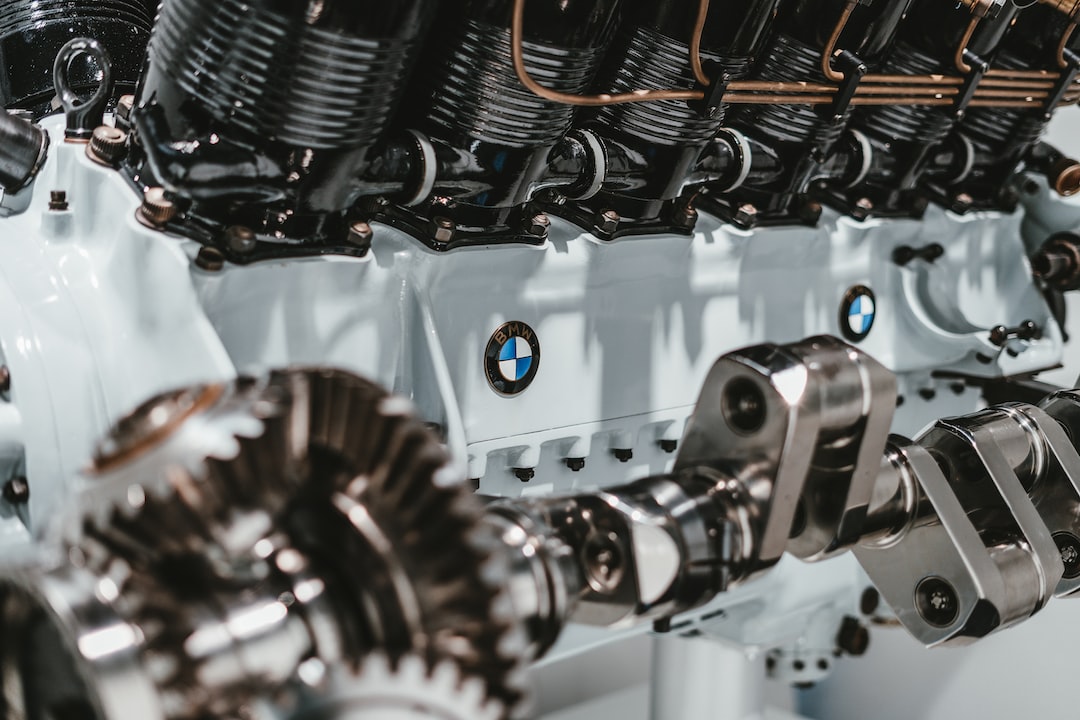Debunking Common Myths About Hybrid Cars
Hybrid cars have gained popularity in recent years due to their environmental friendliness and potential fuel savings. However, despite their rising popularity, there are still many myths and misconceptions surrounding these vehicles. In this blog post, we will debunk some of the most common myths about hybrid cars.
Myth #1: Hybrid cars are slow and lack power
One of the most prevalent misconceptions about hybrid cars is that they lack power and are too slow. This myth likely stems from the early days of hybrid technology when vehicles were still in the experimental stages. However, today’s hybrid cars are equipped with advanced technology that enables them to deliver impressive performance.
Hybrid cars use a combination of a gasoline engine and an electric motor, making them capable of generating power when needed. In fact, many hybrid models have been designed to provide a combination of power and fuel efficiency, offering a smooth and powerful driving experience.
Myth #2: Hybrid cars have expensive maintenance costs
Another common myth about hybrid cars is that they have expensive maintenance costs compared to conventional vehicles. The truth is, hybrid cars do not require significantly more maintenance than traditional cars.
Yes, hybrid vehicles may have specialized components such as electric motors and battery packs, which might require servicing or replacement in the long term. However, thanks to advancements in technology, hybrid cars now come with longer warranty periods on these components. Additionally, many automakers offer maintenance packages that cover hybrid-specific components, further reducing potential maintenance costs.
Myth #3: Hybrid cars are not as safe as conventional vehicles
Safety is a priority for automakers regardless of the type of vehicle they produce. Hybrid cars undergo the same rigorous safety tests and standards as their conventional counterparts. In fact, hybrid car manufacturers often place a strong emphasis on safety due to their commitment to providing sustainable transportation options.
Hybrid cars are equipped with advanced safety features such as adaptive cruise control, lane-keeping assist, and automatic emergency braking. Additionally, the electric motors in hybrid cars contribute to a lower center of gravity, improving stability and handling.
Myth #4: Hybrid cars are only suitable for city driving
While it is true that hybrid cars excel in stop-and-start city driving conditions by utilizing regenerative braking to recharge their batteries, they are equally capable on highways and rural roads. The combination of an electric motor and a gasoline engine allows hybrid cars to switch seamlessly between power sources, adapting to various driving conditions.
In fact, hybrid cars can be more fuel-efficient on highways where the gasoline engine can operate at its optimal efficiency for extended periods. So, whether you’re commuting in the city or embarking on a long road trip, a hybrid car can serve your needs without compromising performance or fuel economy.
Myth #5: Hybrid cars are expensive and only for the wealthy
There is a common misconception that hybrid cars are pricey and only suitable for the wealthy. While it is true that hybrid cars can have a higher initial purchase price compared to their conventional counterparts, the long-term cost savings offset the higher upfront investment.
Thanks to the increased popularity and advancements in technology, hybrid cars are becoming more affordable. Furthermore, federal tax incentives and state rebates can significantly reduce the cost of purchasing a hybrid car, making them accessible to a broader range of consumers.
In conclusion, hybrid cars have come a long way since their early days, yet several myths persist. The reality is that hybrid cars are powerful, efficient, and reliable, with maintenance costs that are comparable to traditional vehicles. They provide a safe driving experience and are suitable for all types of roads, not just urban environments. With more affordable options available, hybrid cars are becoming increasingly accessible to a wider audience. Don’t let these common myths deter you from considering a hybrid car as your next eco-friendly and fuel-efficient vehicle.

